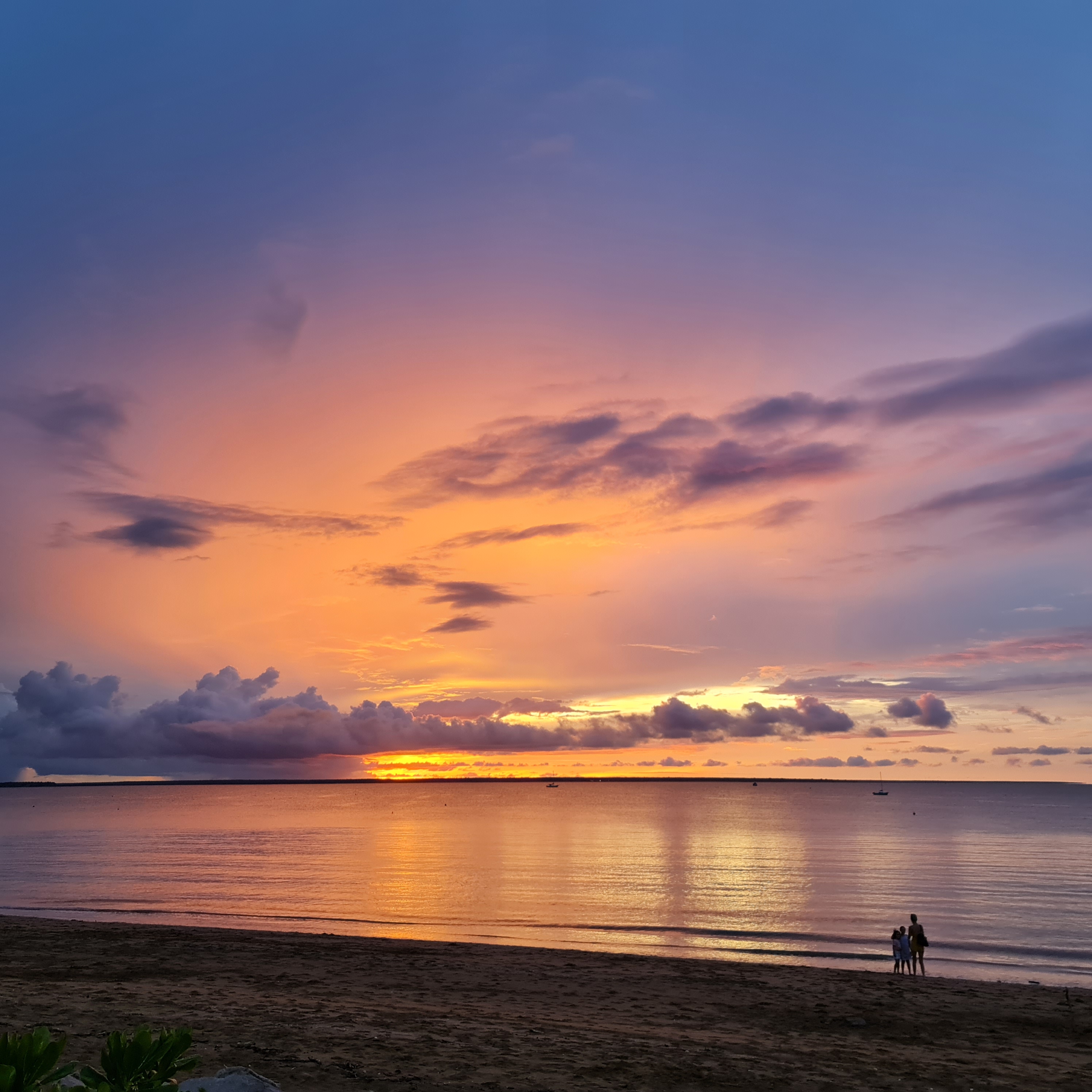Darwin homes cheaper than in 2010
PropTrack’s generational study converted past median house prices into today’s dollars and found Darwin buyers were paying up to 31% less for houses than they were in 2010, and up to 54% less for units.
Stuart Park is the only suburb where buyers were paying more today when looking at the adjusted values, with the median house price up 13% from $786,700 (adjusted for inflation) to $891,000.

In Gunn, buyers are paying 31% less than in 2010, with the suburb recording a current average house price of $522,500 compared to a corrected price of $762,400 15 years ago.
In Wagaman, the difference was $228,500 or 31%, while in Lyons it was $205,700 or 21%.
In the unit market, the adjusted median price in Driver was 54% higher in 2010 compared to 2025.
The 2010 median unit price of $575,000 in Darwin City, – equal to $797,100 today – dropped 52% to a median of $380,000. In Larrakeyah, the drop from the adjusted 2010 prices was 48%, from $686,200 to $360,000.
Real Estate Central director Michael Van De Graaf said in 2010 the Darwin property market was between two peaks influenced by major projects.
“The market took off in about 2003 with the Bechtel gas project,” he said. “We had a bit of a downturn around about 2010 and then the market picked up again with the announcement of the Inpex project.
“We had so much work up here, but the problem was we then had strong population growth and accommodation was hard to find, so rents went through the roof," Mr Van De Graaf added.
“Initially we saw a lot of interstate investors in the market and then the local mum and dad investors. I’d say 2014 was the top of the market – 2010 was much more affordable than 2014.”
Mr Van De Graaf said currently Darwin was the most affordable capital city in the country, with strong returns and potential for solid capital growth once again attracting investors.
“Darwin is certainly a market on the tipping point, if not already past it,” he said. “What we’re seeing now is a lot of interstate investors around that median price range.
“We’re selling around about 50% of properties to investors … and supply is starting to dwindle.”
Darwin is starting to prove popular with investors and is attracting increasing interest from interstate buyers. Picture: Getty
The PropTrack generational study also showed today’s Darwin homebuyers were paying far more than those from 2000.
The median house price in Bakewell 25 years ago was $53,250. Corrected for inflation, that is $97,000. Today, buyers in Bakewell are paying 400% more, with the average cost of a house sitting at $485,000.
In Virginia, the difference between the adjusted 2000 median house price and the current median house price was 375%, while in Gunn it was 345% and in Humpty Doo it was 148%.
REA Group executive manager of economics Angus Moore said the rapid growth in home prices since the 1990s was linked to lower interest rates during that time.
The cash rate in 1990 was 17% but had dropped to 6.25% by the end of 2000 and 4.25% by the end of 2001.
Mr Moore said lower interest rates allowed for larger loans.
'How interest rate cuts affect the property market': youtube.com/mortgagechoice
“When interest rates are lower, people can afford to service a larger mortgage, which then creates greater competition in the housing market and that has allowed home prices to rise much faster than wages,” he said.
The Reserve Bank of Australia this month cut 25 basis points from the official cash rate to 3.85%.
Mr Moore said while this gave buyers a boost in borrowing power, it did not offset the growing cost of saving for a deposit.
“The deposit hurdle is just unequivocally harder than it was four or five decades ago, and that has manifested in home ownership rates which have fallen over those years,” he said.
Mr Moore said young people were taking longer to enter the market, relying more on family support, or accessing government incentives to buy with a smaller deposit.
“Most first-homebuyers don’t have a 20% deposit available."




